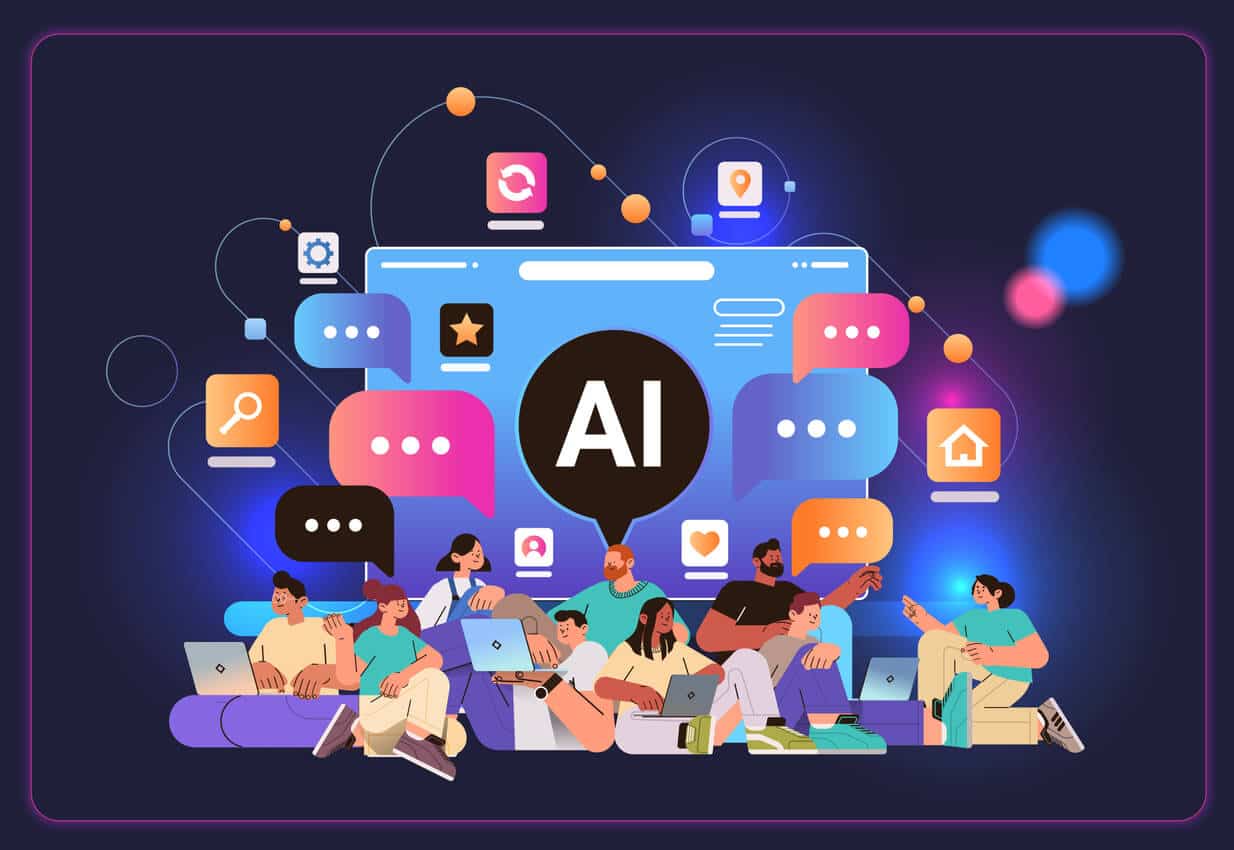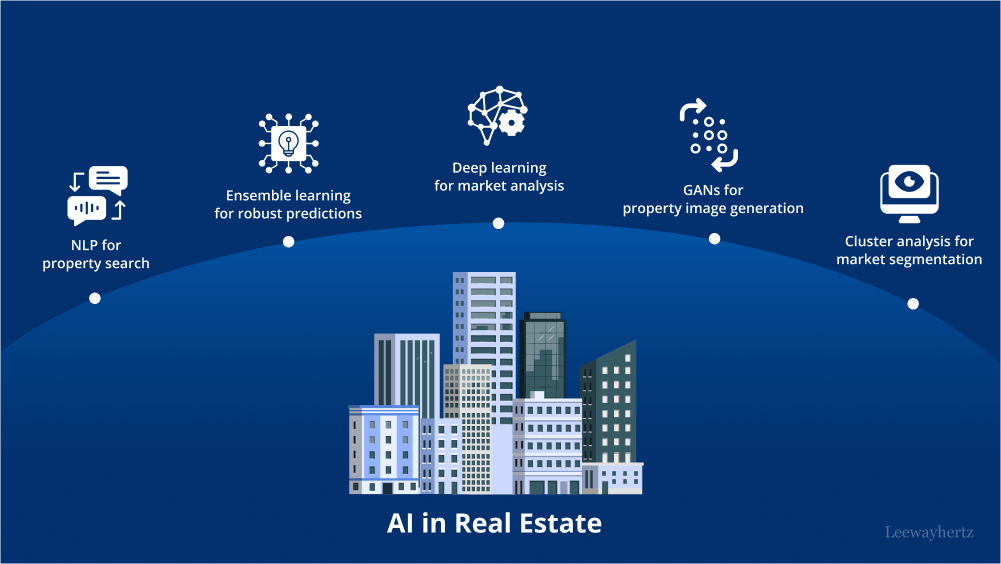Artificial Intelligence (AI) is reshaping the real estate industry by automating processes, enhancing customer experiences, and offering powerful data-driven insights. As AI adoption grows, understanding the latest trends helps businesses and investors stay ahead in a rapidly evolving market.
How is AI Impacting Real Estate?
AI in real estate involves using algorithms and machine learning to analyze market data, automate transactions, predict property values, and improve client interactions. From smart listings to virtual assistants, AI tools are streamlining operations and transforming the buying, selling, and management of property.
Key Trends in AI in Real Estate
Predictive Analytics for Property Valuation
AI models can analyze vast amounts of market data to forecast property values with high accuracy. These tools consider historical trends, neighborhood growth, economic indicators, and more—enabling better pricing strategies for agents, investors, and buyers.
AI-Powered Chatbots and Virtual Assistants
Real estate platforms are increasingly integrating AI chatbots to handle customer inquiries 24/7. These virtual assistants can answer questions, schedule property tours, and guide users through listings, improving responsiveness and client satisfaction.
Smart Property Search and Recommendations
AI enhances property search functionality by learning user preferences and behaviors. It can recommend listings that match a buyer’s unique needs, such as price range, location, amenities, and lifestyle, making the search experience faster and more personalized.
Automated Property Management
AI tools assist landlords and property managers by automating rent collection, maintenance requests, tenant screening, and even lease renewals. These systems reduce human error and improve efficiency in managing rental properties.
Fraud Detection and Risk Analysis
AI helps detect fraudulent listings and transactions by identifying patterns and inconsistencies in data. It also assesses risks in property investments by analyzing neighborhood crime rates, market volatility, and economic indicators.
Virtual Tours and Augmented Reality
Combining AI with virtual reality (VR) or augmented reality (AR) technologies allows buyers to take immersive 3D tours of properties from anywhere. AI can enhance these experiences by tailoring virtual walkthroughs based on user interests.
Smart Building and IoT Integration
AI works in tandem with IoT (Internet of Things) devices in smart buildings to monitor energy usage, security systems, and predictive maintenance. This creates more efficient, sustainable, and tech-driven living environments.
Considerations for Adopting AI in Real Estate
While AI offers clear advantages, successful integration requires:
- Data Quality: AI depends on accurate, up-to-date information to deliver reliable results.
- Privacy Compliance: Handling sensitive user data must align with data protection laws.
- Human Oversight: AI should support, not replace, human judgment in complex real estate decisions.
Conclusion
AI is redefining the real estate landscape with smarter tools, better insights, and improved user experiences. From predictive pricing to automated management and intelligent search features, the industry is embracing a more data-driven, efficient future. As technology continues to evolve, staying informed on AI trends will be key to thriving in the next era of real estate.







Leave feedback about this